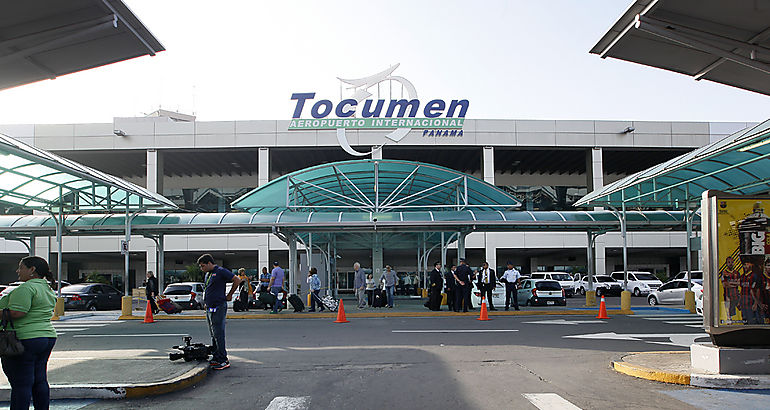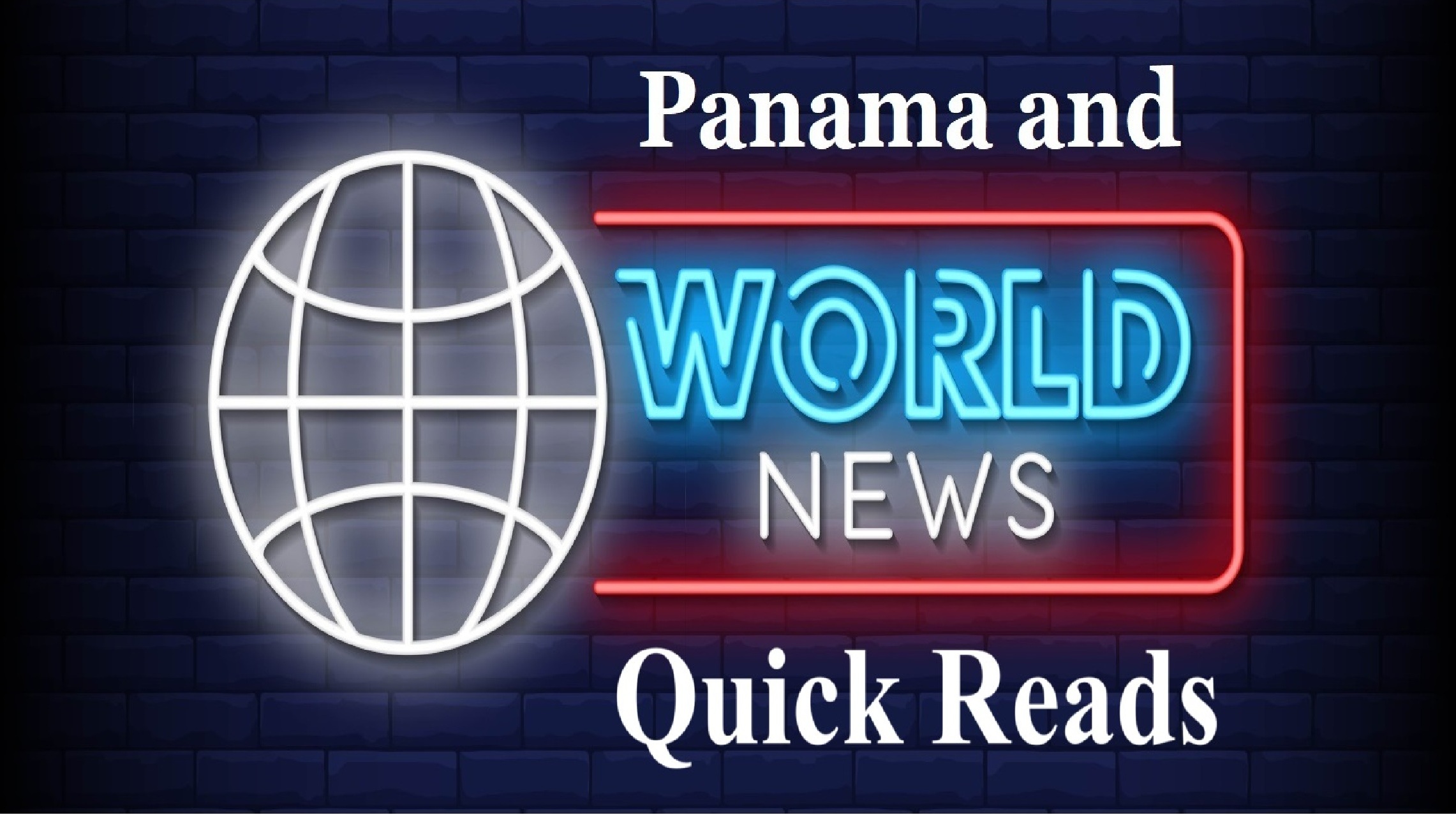WORLD VIEW :A too taboo revolution

Great forces have changed China’s society and economy since the Cultural Revolution ended. But the revolution still casts a shadow on Chinese politics.
By Xu Youyu
THE YEAR 2016 marks the 50th anniversary of one of the most important events in contemporary Chinese history: the Cultural Revolution. For many historians, witnesses, and political activists, it’s an appropriate time to analyze and reflect on the Cultural Revolution and remember the many lessons to be learned from it.

In China itself, though, the Cultural Revolution is still taboo, as it has been for more than 30 years. There will be no national discussion on the topic, no demonstrations, no protests against its legacy. The Communist Party of China (CPC) is still not ready to commemorate that troubling time in its history, and the party’s role in the economic, political and humanitarian disaster that it was.
CPC Chairman Mao Zedong ignited the revolution to purge the “bourgeoisie and counterrevolutionary revisionists” – meaning enemies of the party who had supposedly infiltrated the government, military, economy and, most importantly, the party itself. It began on May 25, 1966, as a student-led protest against the administration of Peking (Beijing) University. Under the endorsement of the party, student protests rapidly spread to other parts of the country. Students, who formed revolutionary units known as the Red Guards, condemned and humiliated teachers, scholars, artists, writers and whoever else was deemed a counterrevolutionary. These students also mobilized to travel around the country engaging in massive demonstrations to exchange revolutionary experiences, often financed directly by the state.
The destruction of the so-called Four Olds – ideas, culture, customs, and habits – was another central pillar of the Cultural Revolution. Historical relics and artifacts were destroyed; temples, churches, mosques, monasteries, and cemeteries were vandalized; and books in libraries burned, all in the name of revolution. Mao believed that the masses would “organically” steer the direction of the revolution. During August 1966 in Beijing alone more than 1,700 people were killed, 30,000 houses ransacked, 520,000 private properties confiscated, and nearly 100,000 people expelled from the city.
One key question is whether Mao and his henchman were solely responsible for the Cultural Revolution, or if the Communist Party, and the political system in general, share some responsibility.
There is little question that the CPC was at the center of the Cultural Revolution. It formalized it through the party’s charter, and was responsible for organizing and conducting the programs that left an estimated, 1.7 million dead, and many more millions maimed and imprisoned.
The CPC suppresses discussion about the Cultural Revolution today to obscure its own role in it.
But that was not always the case. In April 1976, dissatisfaction with the Cultural Revolution reached a climax as thousands spontaneously gathered in Tiananmen Square to mourn the recently deceased moderate Chinese leader, Zhou Enlai, in direct violation of a party order not to do so. After police removed a memorial to Zhou, mourners began to riot in a mix of anger toward the treatment of the memorial and general resentment toward the Cultural Revolution. In a display of opposition that would be unthinkable today, protestors denounced Mao as a “contemporary autocratic emperor.”
After Mao’s death in October 1976, a period of open criticism of the Cultural Revolution ensued. The first convulsions were the arrest of the Gang of Four, which included three senior party officials and Mao’s last wife, for “anti-party activities.” They were officially blamed for the worst excesses of the revolution, including the usurpation of party leadership and power of the state, and the persecution of 113 million citizens.
Many senior bureaucrats who lost office and title in the Cultural Revolution were absolved of any wrongdoing and returned to their former positions. These bureaucrats were able to empathize with the plight of the Chinese people and could understand their suffering. It was during this period that many of the atrocities and tragedies that had occurred during the Cultural Revolution were revealed. However, the attitudes gradually shifted to maintain rule instead of correcting the mistakes of the Cultural Revolution. So, the honeymoon ended and the CPC moved to limit the scope of criticism. During the leadership of Deng Xiaoping, the CPC realized that the party had to set the tone for evaluating and discussing the Cultural Revolution. In other words, it had to define the party line, the proper historical interpretation of the Cultural Revolution.
On April 7, 1981, a resolution to this effect was passed by the Central Committee of the CPC, one of the most powerful bodies of the party. It said that, while Mao launched the Cultural Revolution with good motivations, the fundamental mistake was to wrongly target the revolutionary cadres of veteran party members. It was an open and clear criticism of the Cultural Revolution, but only for not respecting the party leadership. The Cultural Revolution would have been fine if it had only struck the counterrevolutionary enemies of the CPC. From the party’s perspective, the resolution is the final word on the Cultural Revolution, and any further commentary or criticism is both unnecessary and unacceptable.
The perspective detailed in that resolution took root in China. In the mid-1990s, more and more Chinese began to talk about the Cultural Revolution approvingly, with some even advocating for another Cultural Revolution, as injustice and wealth inequality became more intensified in Chinese society. Fifty years later, however, many mistakenly think that the Cultural Revolution was a campaign to eliminate corruption and purify Chinese society. In fact, Mao, who was being pushed out of the CCP leadership, launched the Cultural Revolution as a way to regain control of the party as well as to prevent the restoration of capitalism in China, among other factors.
There are other Chinese, including senior CPC members who were impacted by Mao’s purges during the Cultural Revolution, who take a pragmatic, patriotic view of the history. These elites are shrewd enough to move past the transgressions they suffered under Mao in order to safeguard the legitimacy and authority of the party today.
Great forces have changed China’s society and economy since the Cultural Revolution ended 40 years ago. But, politically, China has not yet come out of this shadow. The ideology and outlook of the Cultural Revolution survives today in China’s politics. In recent years, more and more power has been concentrated in the hands of the Xi Jinping, a renewed cult of personality has emerged, and the rule of law increasingly undermined. There is reason to fear that China will be enveloped by the shadow of the Cultural Revolution. This fear is precisely why China must start a dialogue about the Cultural Revolution.
Xu Youyu is a Professor of Western Philosophy at the Chinese Academy of Social Sciences in Beijing, and is one of China’s leading spokesmen for constitutional democracy. He has been a visiting scholar at Harvard and Oxford, and served as the Olaf Palme Visiting Professor in Sweden. He is the author or editor of twenty books in Chinese, and is currently a visiting scholar at The New School, New York.





